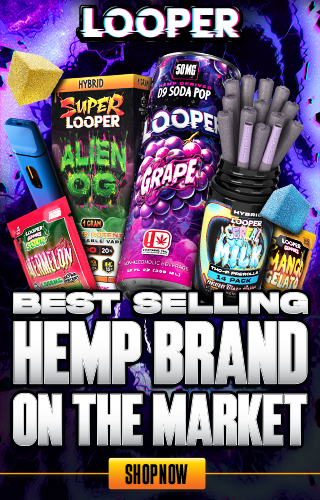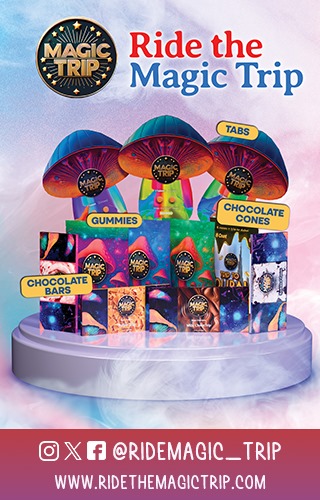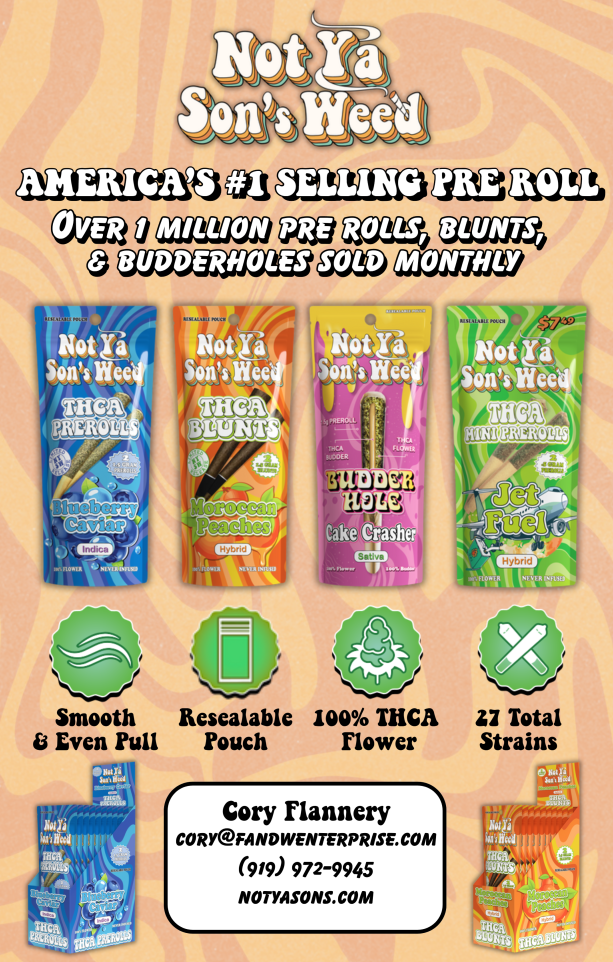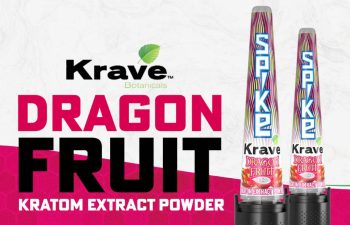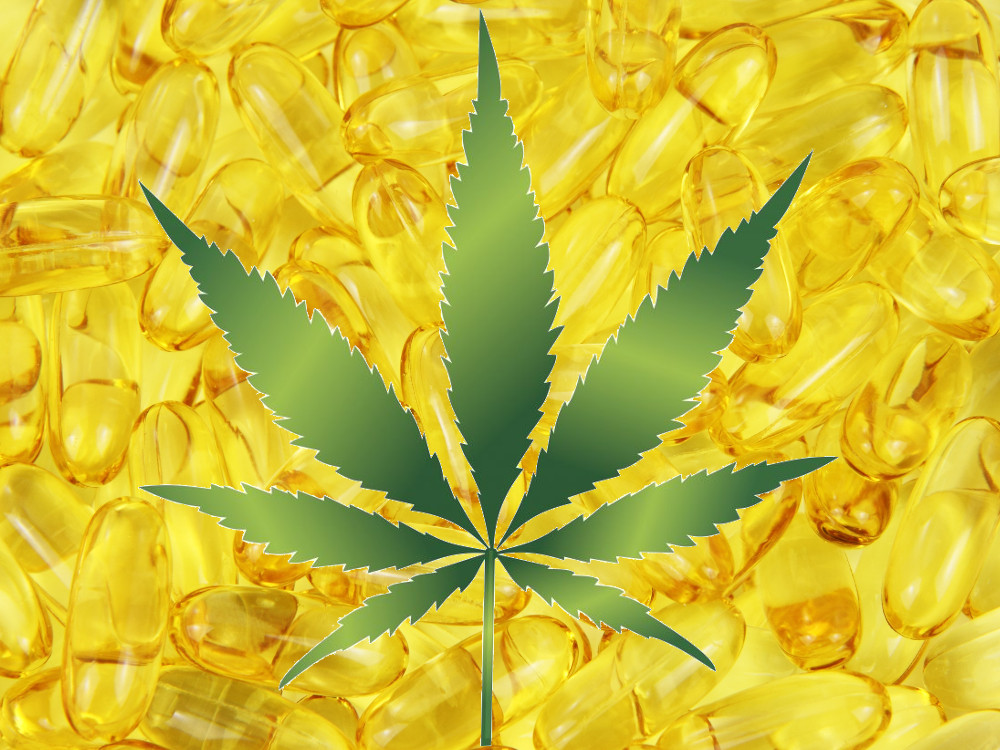 Q: Who knew the topic of CBD could be so complicated?
A: Anyone who’s tried to write an article about CBD.
Q: Who knew the topic of CBD could be so complicated?
A: Anyone who’s tried to write an article about CBD.
In our final chapter of a series that could honestly go on for years to come, we’re going to quickly tackle the topic of sourcing—that is, how to determine what vendors are worth your time.
Let’s be honest; there are more than a few bullshitters scrawling “CBD” across their banners. It’s an unfortunate and inevitable side-effect of a market forced to operate in the shadows. Charlatans love the gray zones. But there do exist those proverbial diamonds in the rough, those willing to prioritize quality and integrity over a quick buck. Here are some thoughts on how to separate the wheat from the chaff.
Labelling and literature.
This is your starting point. Any company worth their salt (or CBD) will tread as though barefoot on Christmas bulbs when it comes to how they label and advertise their product. Do they make any medical claims? Don’t just look at the bottle. Go on their website. Read through any and all sales materials. If their product cures cancer, stops seizures, relieves pain, does your homework, etc., you’re either dealing with callow amateurs or fly-by-night opportunists. That jargon will bring down the wrath of the FDA faster than you can heat up a dab nail. What should be on the bottle are cold, hard facts; a supplement panel, an ingredients list, manufacturer name, and contact information. Furthermore—and this is going to confuse more than a few readers—every expert interviewed agreed that the term “CBD” shouldn’t even be on the label. Yes, that seems counter-intuitive, but trust us. It’s a new development, so there are currently plenty of reputable suppliers still selling through their old stock. In another six months, however, you’ll begin to see a lot of companies dropping the term in exchange for something along the lines of “full-spectrum hemp oil” or a variation thereof.
 Manufacturing.
Manufacturing.
If you’ve spent any time in this industry, you’re no doubt aware of the excess of closet cowboys and bathtub chemists masquerading as manufacturers. Don’t fall for them. Any product that you sell for consumption should be manufactured in a verified
CGMP facility. “CGMP” stands for “certified good manufacturing practices” and is basically the hallmark of reputable production, a series of semi-voluntary standards followed to maintain FDA compliance and ensure consumer safety. Not sure about your vendor? First step is to check the bottle. Is there a lot and batch number? Is there a manufacturing date? An expiration date? Before even making a purchase, ask your reps. See if they stumble over their answers.
Longevity.
This one really applies to vendors of any ilk. A long track record means a stable business, which typically means satisfied customers, which most often means a quality product. There’s an expiration date on shady business practices. Sooner or later, the snake oil’s going to come out in the wash.
Third-party lab reports.
Any decent company will have these available upon request. The problem, though, is that lab tests can be fabricated. We learned that lesson from the spice years. Getting the paper in your hand is only step one. Step two is verifying. That might mean contacting the lab or even funding a lab report of your own to see if the results match. Remember, though, you’re not just looking for CBD levels, but also verifying the absence of impurities; residues, solvents, heavy metals, etc.
Word of mouth.
A satisfied customer is a company’s best salesman. Not sure about a vendor? Ask around. If their product is truly the wonder they claim it to be, there are more than a few customers out there who will echo the sentiment. Don’t just ask your friends in your town, though. Go digital. There are several Facebook forums for smoke shop owners and the quality of industry vendors (or lack thereof) is a regular discussion topic. Get plugged in.
CLICK HERE to view our previous article

 Manufacturing.
If you’ve spent any time in this industry, you’re no doubt aware of the excess of closet cowboys and bathtub chemists masquerading as manufacturers. Don’t fall for them. Any product that you sell for consumption should be manufactured in a verified CGMP facility. “CGMP” stands for “certified good manufacturing practices” and is basically the hallmark of reputable production, a series of semi-voluntary standards followed to maintain FDA compliance and ensure consumer safety. Not sure about your vendor? First step is to check the bottle. Is there a lot and batch number? Is there a manufacturing date? An expiration date? Before even making a purchase, ask your reps. See if they stumble over their answers.
Longevity.
This one really applies to vendors of any ilk. A long track record means a stable business, which typically means satisfied customers, which most often means a quality product. There’s an expiration date on shady business practices. Sooner or later, the snake oil’s going to come out in the wash.
Third-party lab reports.
Any decent company will have these available upon request. The problem, though, is that lab tests can be fabricated. We learned that lesson from the spice years. Getting the paper in your hand is only step one. Step two is verifying. That might mean contacting the lab or even funding a lab report of your own to see if the results match. Remember, though, you’re not just looking for CBD levels, but also verifying the absence of impurities; residues, solvents, heavy metals, etc.
Word of mouth.
A satisfied customer is a company’s best salesman. Not sure about a vendor? Ask around. If their product is truly the wonder they claim it to be, there are more than a few customers out there who will echo the sentiment. Don’t just ask your friends in your town, though. Go digital. There are several Facebook forums for smoke shop owners and the quality of industry vendors (or lack thereof) is a regular discussion topic. Get plugged in.
CLICK HERE to view our previous article
Manufacturing.
If you’ve spent any time in this industry, you’re no doubt aware of the excess of closet cowboys and bathtub chemists masquerading as manufacturers. Don’t fall for them. Any product that you sell for consumption should be manufactured in a verified CGMP facility. “CGMP” stands for “certified good manufacturing practices” and is basically the hallmark of reputable production, a series of semi-voluntary standards followed to maintain FDA compliance and ensure consumer safety. Not sure about your vendor? First step is to check the bottle. Is there a lot and batch number? Is there a manufacturing date? An expiration date? Before even making a purchase, ask your reps. See if they stumble over their answers.
Longevity.
This one really applies to vendors of any ilk. A long track record means a stable business, which typically means satisfied customers, which most often means a quality product. There’s an expiration date on shady business practices. Sooner or later, the snake oil’s going to come out in the wash.
Third-party lab reports.
Any decent company will have these available upon request. The problem, though, is that lab tests can be fabricated. We learned that lesson from the spice years. Getting the paper in your hand is only step one. Step two is verifying. That might mean contacting the lab or even funding a lab report of your own to see if the results match. Remember, though, you’re not just looking for CBD levels, but also verifying the absence of impurities; residues, solvents, heavy metals, etc.
Word of mouth.
A satisfied customer is a company’s best salesman. Not sure about a vendor? Ask around. If their product is truly the wonder they claim it to be, there are more than a few customers out there who will echo the sentiment. Don’t just ask your friends in your town, though. Go digital. There are several Facebook forums for smoke shop owners and the quality of industry vendors (or lack thereof) is a regular discussion topic. Get plugged in.
CLICK HERE to view our previous article 

